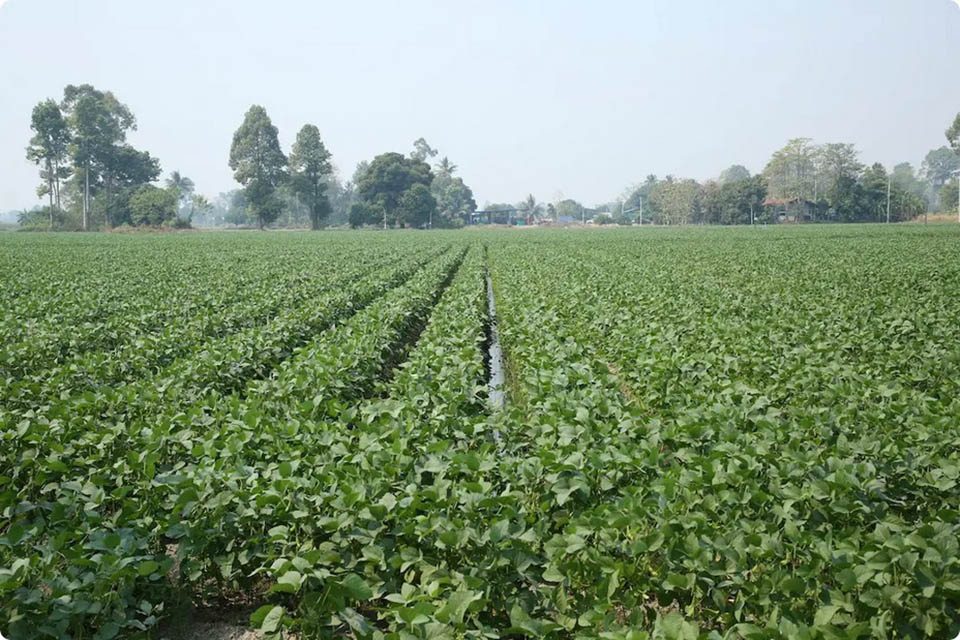
BANGKOK, Thailand – Thailand has unveiled initiatives to position itself as a global leader in agriculture and food production. The strategy emphasizes leveraging advanced technologies, including gene editing (GEd), to modernize the agricultural sector, tackle climate change, and combat pests, while promoting sustainability and enhancing food security.
Rapeepat Chandrasriwong, Director-General of the Department of Agriculture (DOA), announced the initiatives under the guidance of Dr. Narumon Pinyosinwat, Minister of Agriculture and Cooperatives. The plan highlights the potential of GEd technology, which modifies genetic codes without introducing foreign DNA. This method, recognized by international organizations such as the Food and Agriculture Organization and the Organisation for Economic Co-operation and Development, provides a cost-effective and eco-friendly approach to improving crop resilience and productivity.
GEd crops, including disease-resistant potatoes and drought-tolerant tomatoes, are already widely adopted in nations such as the United States, Japan, and China. These innovations reduce chemical usage, enhance yields, and contribute to global food security. Thailand’s plan includes the development of GEd crops like maize, soybeans, sugarcane, and medicinal herbs through a national research network involving universities and government agencies. This initiative aims to reduce import reliance while creating high-value agricultural products.
International collaborations, such as partnerships with the United States and Japan, are fostering research and training to advance Thailand’s GEd efforts. The DOA, in collaboration with the U.S. Department of Agriculture, is also working on regulatory frameworks to ensure the safe and effective use of GEd technology. Pilot projects supported by field trials and private-sector partnerships are set to launch in 2025.
To strengthen these efforts, the DOA is seeking funding from entities like the National Research Council of Thailand. These investments will focus on enhancing agricultural resilience, addressing global food challenges, and boosting Thailand’s competitiveness in the international market. (NNT)










